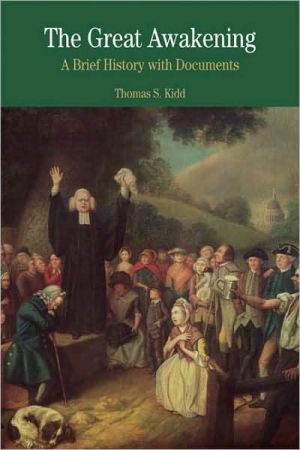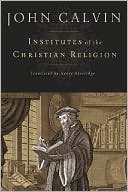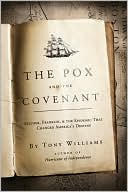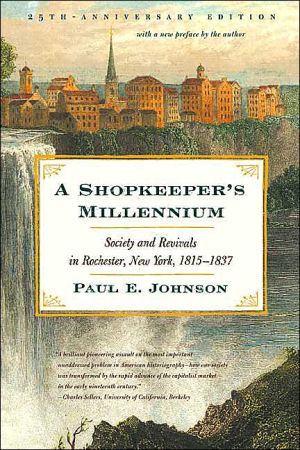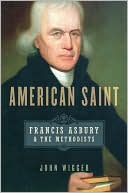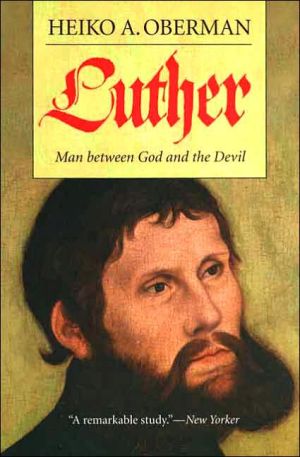Born Again Bodies: Flesh and Spirit in American Christianity
"Fat People Don't Go to Heaven!" screamed a headline in the tabloid Globe in November 2000. The story recounted the success of the Weigh Down Workshop, the nation's leading Christian diet corporation and the subject of extensive press coverage from Larry King Live to the New Yorker. In the United States today, hundreds of thousands of people are making diet a religious duty by enrolling in Christian diet programs and reading books like What Would Jesus Eat? and Fit for God. Far ranging in its...
Search in google:
"This is a wonderful book, well-conceptualized, written with style and wit, and impressive for its ambition, reach and achievement. R. Marie Griffith brings to the scene learning, theoretical subtlety, critical acumen, historical skill, and humane sensibility. She has emerged as one of the most sophisticated and insightful scholars of the Christian body in any period of Christian history."—Robert Orsi, Harvard University"Born Again Bodies is extraordinary. It uncovers an arena of knowledge never before looked at with this level of critical attention when examining American religious culture; Griffith's strength is that she looks across the 'evangelical' denominations. Her work is elegant and truly original."—Sander L. Gilman, author of Difference and Pathology and Jewish Frontiers Publishers Weekly This wide-ranging examination of body obsession and American religion reads like two separate but excellent books. The first half explores phrenology and New Thought, considering sects and writers prominent during the 19th and early 20th centuries and documenting their attempts to control their bodies in an effort to achieve physical and spiritual perfection. Griffith offers fascinating analyses of the writing and work of dozens of both famous and completely unknown practitioners. For example, Mary Baker Eddy receives ample treatment, then, as an added bonus, Griffith introduces Hattie Harlow, an ordinary woman whose unpublished accounts of her own phrenological initiatives yield insight into the ways Eddy's movement seeped into the popular imagination. The second half of the book is an ethnography of contemporary Christian approaches to weight loss in America. Griffith continues with her fine analyses of books and movements-most notably Gwen Shamblin's Weigh Down-and also includes excerpts from her interviews with authors of Christian weight loss books and participants in Christian diet programs. While Griffith's attitude toward the subjects of the first half of her book is that of a dispassionate academic, she is critical of the perspectives of contemporary Christian weight loss gurus, pointing out their insistence upon seeing fatness in psychological rather than historical, racial or socioeconomic terms. (Oct.) Copyright 2004 Reed Business Information.
Introduction : perilous body gospels11Gluttons for regimen : Anglo-Protestant culture and the reorientation of appetite232Sculptors of our own exterior : new thought physiques693Minding the body : divergent paths of new thought perfectionism1104Pray the weight away : shaping devotional fitness culture1605"Don't eat that" : denial, indulgence, and exclusion in Christian diet culture206Epilogue : bodies in crisis?239
\ Publishers WeeklyThis wide-ranging examination of body obsession and American religion reads like two separate but excellent books. The first half explores phrenology and New Thought, considering sects and writers prominent during the 19th and early 20th centuries and documenting their attempts to control their bodies in an effort to achieve physical and spiritual perfection. Griffith offers fascinating analyses of the writing and work of dozens of both famous and completely unknown practitioners. For example, Mary Baker Eddy receives ample treatment, then, as an added bonus, Griffith introduces Hattie Harlow, an ordinary woman whose unpublished accounts of her own phrenological initiatives yield insight into the ways Eddy's movement seeped into the popular imagination. The second half of the book is an ethnography of contemporary Christian approaches to weight loss in America. Griffith continues with her fine analyses of books and movements-most notably Gwen Shamblin's Weigh Down-and also includes excerpts from her interviews with authors of Christian weight loss books and participants in Christian diet programs. While Griffith's attitude toward the subjects of the first half of her book is that of a dispassionate academic, she is critical of the perspectives of contemporary Christian weight loss gurus, pointing out their insistence upon seeing fatness in psychological rather than historical, racial or socioeconomic terms. (Oct.) Copyright 2004 Reed Business Information.\ \

